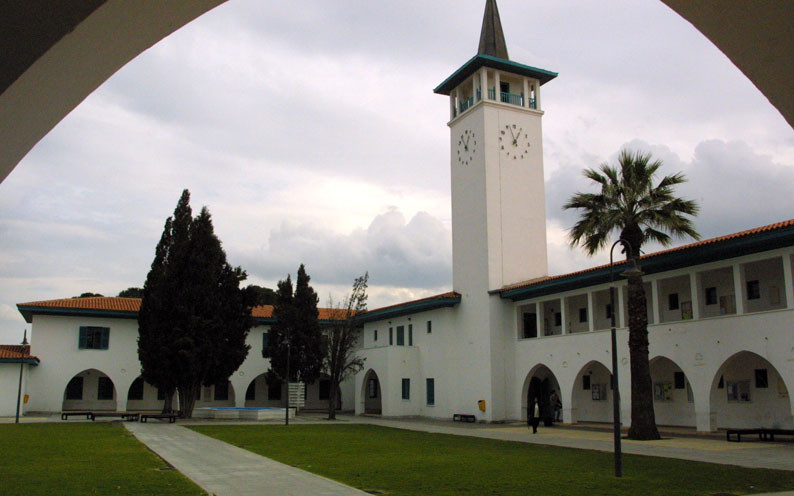BEFORE the University of Cyprus was set up, there was a big debate about the language that should be used. One camp was in favour of English as this would attract students from abroad and enable the university to develop an international and cosmopolitan identity. The other side argued that this would be scandalous as the Republic’s first public university had a national obligation to safeguard and promote the island’s Greek language and identity. In the end the argument for a Greek language university won and the dispute was forgotten.
More than 30 years later, the issue has resurfaced with regulations being drafted that would pave the way for public universities to offer undergraduate courses in the English language and charge tuition fees. The irony is that the introduction of courses in English has been undertaken with an education minister – Prodromos Prodromou – who had been one of the most vociferous supporters of a Greek language, public university back in the eighties. Now, however, he has decided to turn Cyprus into a higher education centre.
There are many practical difficulties that would arise from such an undertaking. What would be the entry requirements? At present, there are the Pancyprian exams which students at public schools sit, but would these be an adequate test for students wanting to do courses in English? What would be the entry requirements for students from abroad? If it is a school leaving certificate the university would have to accept the same from Cypriot students to avoid charges of discrimination. Would students pay tuition fees for the courses in English?
All these questions may be addressed by the regulations that are currently under discussion at the House education committee, but there is a broader issue. Public universities, which are paid for by the taxpayer, would be competing for students with private universities that offer all their courses in English and operate in a free market without any financial support from the state. How would the tuition fees for a public university be calculated? If these are much lower than those of the private sector, because of the state support, private universities might suffer big losses.
Meanwhile Akel has criticised the idea that tuition fees would be charged and that public universities would have to operate in a free market, like a business, without any comparative advantage. And how would the university justify charging Cypriot students doing courses in English while not charging those following courses in Greek? This would imply that the English courses have more value as students would have to pay for them.
The whole undertaking seems like a very bad idea, which the education ministry and the University of Cyprus would do well to look at again.







Click here to change your cookie preferences